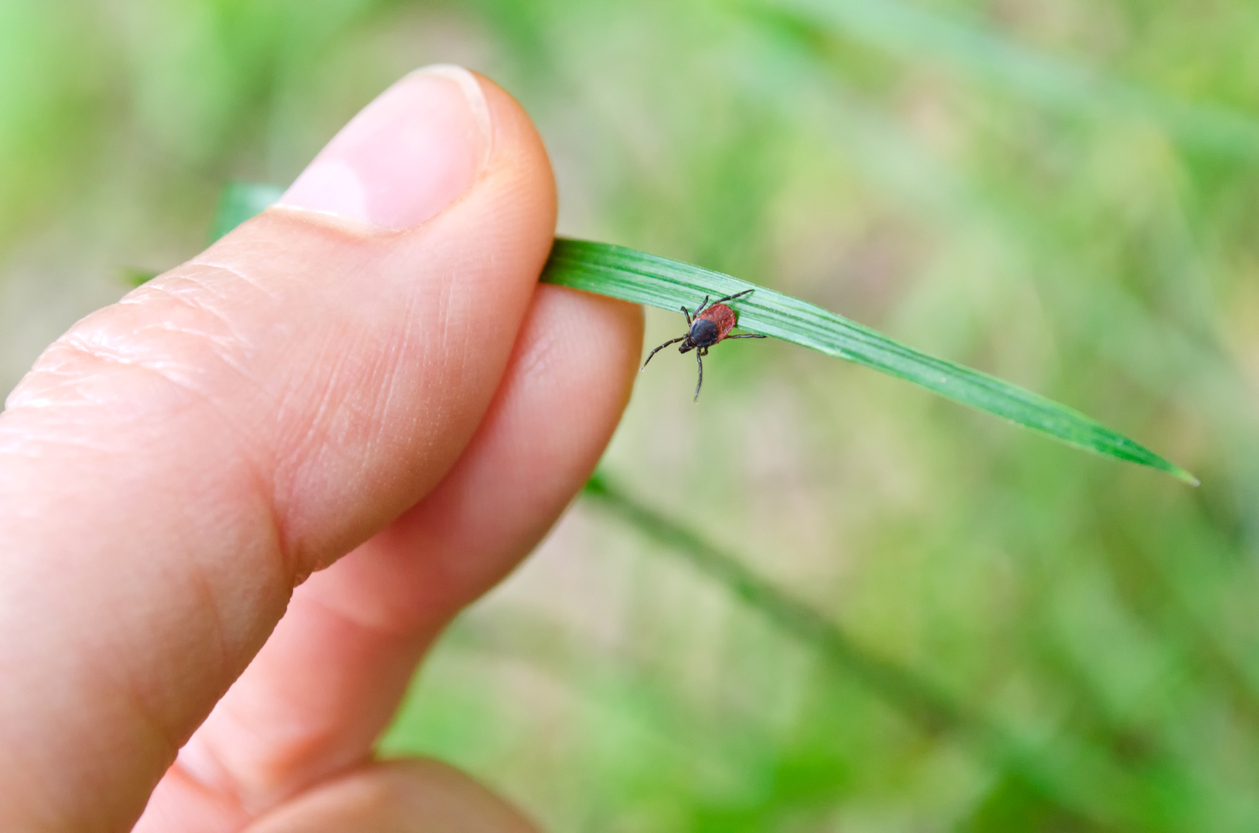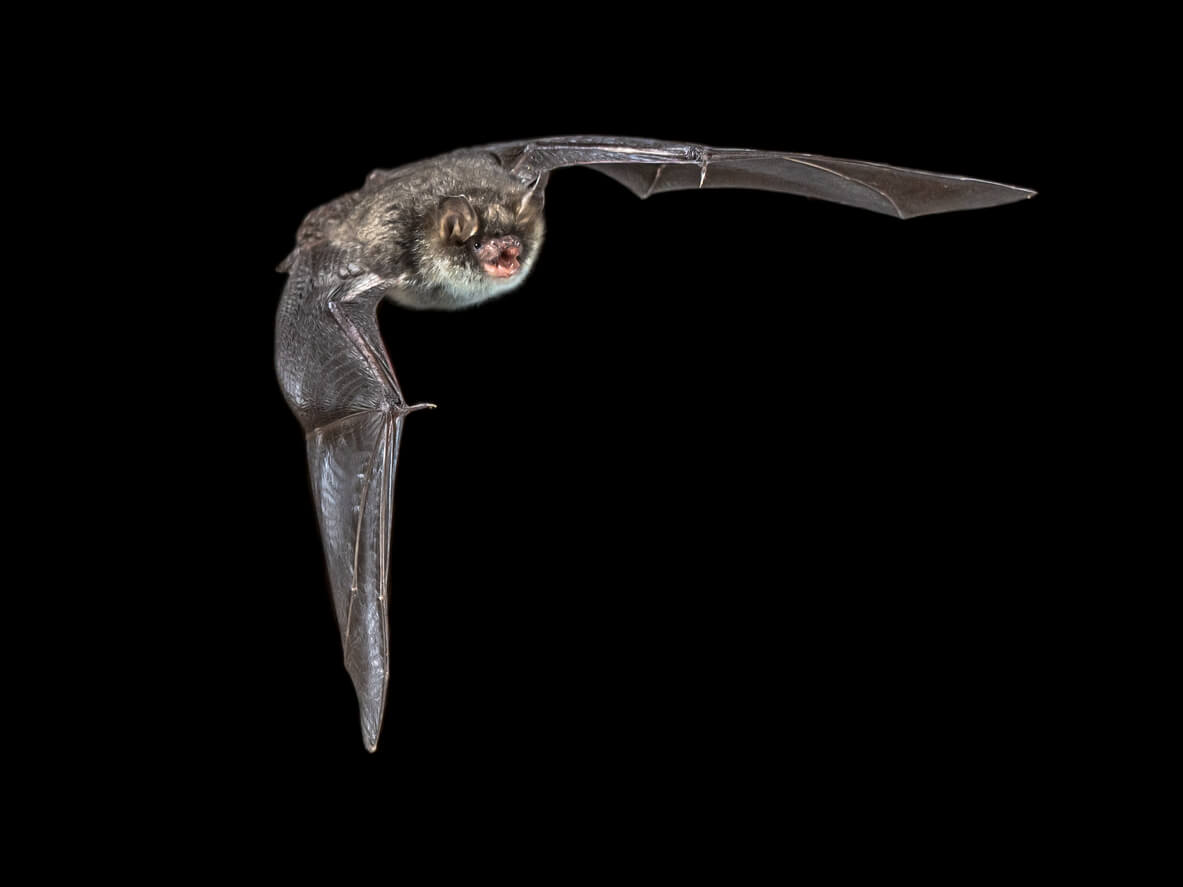
What Causes Tick Infestations and How to Keep Them Away
Worrying about getting bit by a tick every time you go outside is no way to live.
However, it’s something that should always be in the back of your mind, especially when you’re out and about enjoying nature this summer.
Tick infestations can be found everywhere — even in your own yard! But what actually causes a tick infestation?
Causes of Tick Infestations
- Vegetation – Ticks are mostly found in heavily wooded areas and any place where there are bushes, large plants, and long grass. These blood-sucking pests will take shelter here and attach themselves to any warm-blooded host that comes walking by. Common hosts include deer, rodents, pets, and of course — you!
- Temperatures – Spring and summer are seasons in which ticks are very active. They love warm, moist temperatures which explain why they are commonly found in the armpit and groin areas on most hosts.
- Living Conditions – If there’s one thing ticks do not like, it’s direct sunlight. This is why ticks will hide in large, bushy areas. You can also find them hiding out in other shady areas of your lawn like woodpiles, plants bordering the house, etc.
- Pets – Pets that play in the yard or go outside to relieve themselves are most prone to being bit by ticks. Once a tick has latched onto your pet, they will stay there for days as they feed. Once they are finished feeding, they will detach themselves and look for shelter elsewhere in your home.
—
How to Manage a Tick Infestation
- Keep your lawn and property well-maintained by routinely mowing the lawn, trimming bushes and shrubs, and ensuring there is no debris present.
- Stack any firewood neatly away from the house by at least 20 feet.
- Inspect your pets (and yourself) any time they go into the yard or near any heavily wooded areas.
- Vacuum and clean your home regularly to remove any ticks and larvae that may have entered your home via your pet or yourself.
- Contact your local pest control company when tick infestations are present on your property or inside of your home.
—
How to Keep Ticks Away
Use a Repellent
Spraying a special tick repellent on your skin and clothing is a great way to keep ticks away from you. The sprays that work best on skin contain a specific chemical compound known as DEET.
There are other sprays that are meant for your clothing and the ones that work best contain permethrin. Remember to reapply these sprays every few hours as long as you are outdoors.
Create a “No Tick Area”
There are ways to create an area on your property that has a lesser chance of hosting ticks. This area should be on a paved patio away from any vegetation.
Keep plants away, mow your lawn regularly, and don’t store wood or mulch near the patio. You should also look to make your yard less appealing to deer by removing plants; since deer are the main food source for ticks.
Inquire About Tick Inspections
Sometimes ticks can be sneaky and still latch onto you, no matter how careful you are. When a tick does attach itself to your skin you should immediately remove it with a pair of tweezers.
It’s extremely important that any tick is removed within 24 hours or else the risk of contracting diseases rises tremendously. After removal, keep an eye on the bite mark to make sure there are no rash marks that develop. Seek the help of a doctor following the interaction with a tick.
Read More» Ticks: The Removal Process and Diseases You Can Contract
—
5 Facts About Ticks You Might’ve Not Known
We all know ticks can spread Lyme Disease, but did you know they…
- Aren’t Insects – Most people are quick to jump and classify these pests as insects, but in reality, they’re actually arachnids. Like spiders, ticks have eight legs and no antennae.
- Feed Off Blood – The reason ticks will attach to you when you’re on the hiking trail is because they’re looking for a meal — also known as you and your blood! The blacklegged tick (also known as the common deer tick) will mainly feed on deer, but they will resort to feeding on other animals and humans as a way to survive.
- Make a Leap of Faith – In order for ticks to attach to a host, they will stand on low hanging leaves or grass. With their back legs holding onto their platform, they will reach out with their front legs as a potential host passes by. Sometimes ticks will even let go and fall onto a passerby. This leap of faith practice is known as questing.
- Love Cats & Dogs – Your furry little friends are the easiest target for ticks, especially those who are constantly running around in the backyard. Make sure you inspect your cat or dog after they’re done playing in the yard or after long walks. You should also be washing their bedding and softer toys on a regular basis.
- Feed for Days – When ticks feed on a host, they will bury their head in the host’s skin and feed for days. It usually takes anywhere from 24 to 48 hours for Lyme’s disease to be transmitted, so it’s important to inspect yourself and your pets often. Early removal is imperative to avoiding transmitted infections.
—
Ticks are blood-sucking, disease-carrying pests that can easily be present in and around your home — so it’s up to you to keep them away!
When your home or property becomes infested with ticks, know that Knockout will there for you every step of the way!
All you have to do is give us a call!



